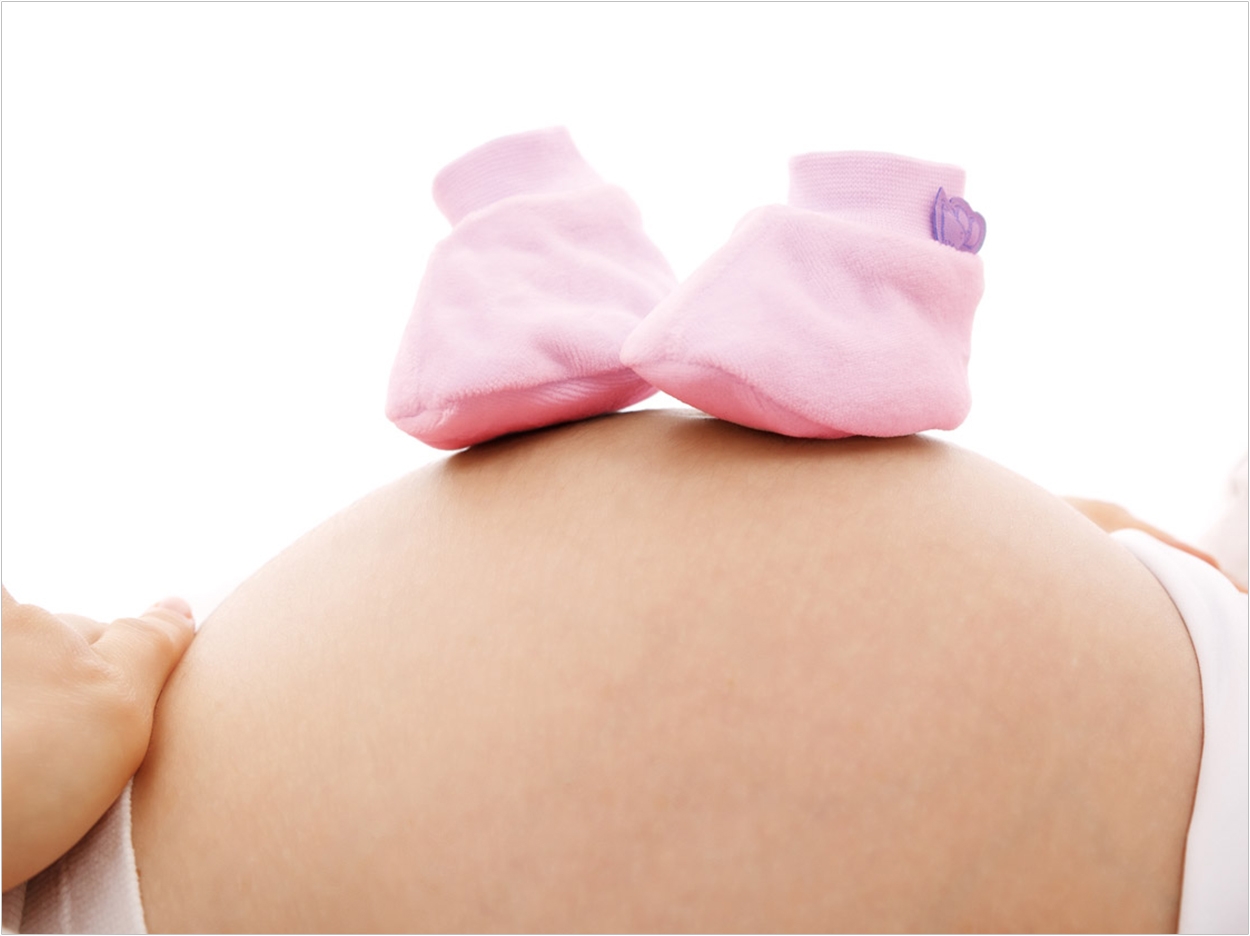
Women who smoke more than 10 cigarettes a day while they’re pregnant are much more likely to give birth to babies who will fail to grow all their teeth, according to the University of Otago Faculty of Dentistry in New Zealand. Known as hypodontia, the condition commonly involves children failing to develop up to 6 permanent teeth, usually lateral incisors and premolars.
The study investigated 83 children with the condition and compared them to 253 children without hypodontia. Their mothers were asked to report active and passive smoking exposure, as well as alcohol and caffeine consumption during pregnancy. The researchers also controlled for other factors such as the mother’s age when the child was born, its sex, whether there was a full-term delivery or not, and socioeconomic status.
“We found no significant associations between drinking alcohol or caffeinated drinks and hypodontia, but there was a suggestion of a ‘biological gradient’ effect with tobacco. The more cigarettes a mother reported smoking during pregnancy, the greater the likelihood was of her child having hypodontia,” said Mauro Farella, DDS, head of orthodontics with the Department of Oral Sciences at the school and lead author of the study.
“Though more research is needed to confirm the association we found between maternal smoking and the condition, a plausible explanation is that smoking causes direct damage to neural crest cells in developing embryos,” said Farella, who also noted the large body of evidence regarding other damaging effects smoking has during pregnancy, including cleft lip and palate.
“This latest research further reinforces the importance of women seeking support to quit smoking when they are pregnant,” Farella said.
The study, “Maternal Smoking During Pregnancy Is Associated With Offspring Hypodontia,” was published in the Journal of Dental Research.
Related Articles
Pregnant Women Likely to Have Gingivitis
Oral Bacteria May Interfere with Conception
Obstructive Sleep Apnea May Increase Risk of Pregnancy Complications


